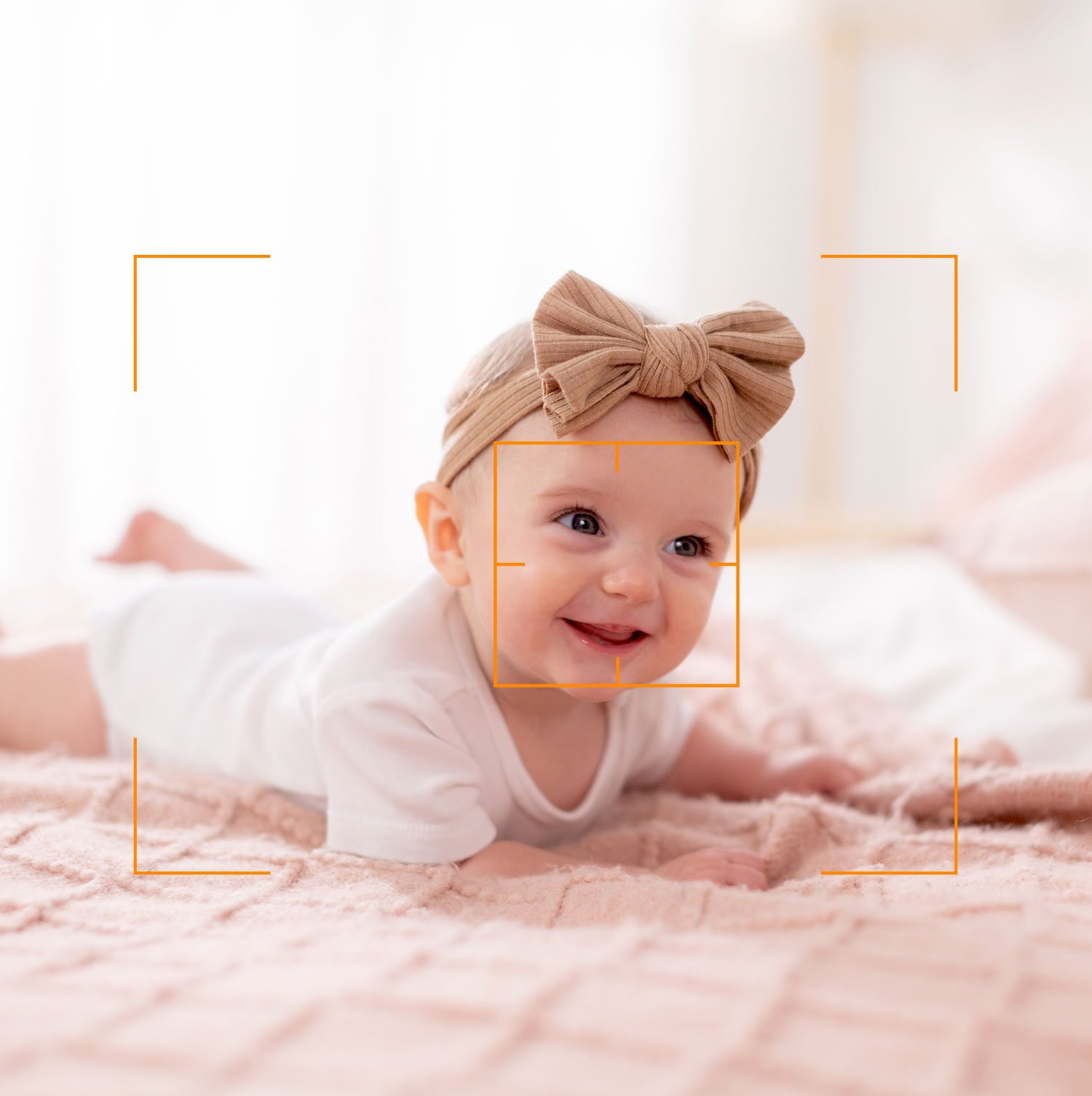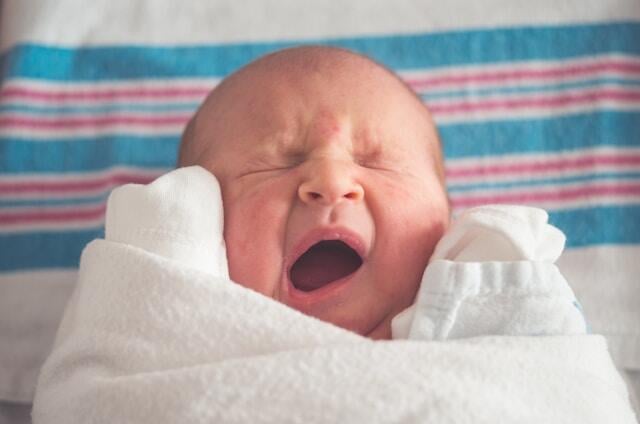Every baby grows into a teenager eventually, so you know there are hormones, acne, and attitudes in your future. What does it mean when your tiny newborn starts developing acne a few days after you bring them home? These little spots aren't a sign of precocious puberty—and they're more common than you think.
We call this phenomenon "baby acne," and it happens to many infants during the first few weeks of life. As many as 40% of infants experience some neonatal acne in their earliest days. It's normal and treatable, so there's no need to panic.
We've created this guide for any new parent who has noticed a few bumps on their sweet baby's face. We'll explain everything you need to know about baby acne, including causes and possible treatments. When you have the information you need, you can make the most effective parenting choices for your precious little one.
Keep reading to explore the ins and outs of this peculiar phenomenon.
What Is Baby Acne?
Baby acne, or neonatal acne, looks like the acne you see in teenagers and adults. It appears in the form of small pimples. Unlike adults and teens, babies do not develop blackheads or whiteheads.
Baby acne causes small, reddish bumps on an infant's cheeks, forehead, chin, nose, or eyelids. Some babies develop acne on their chests, backs, or necks.
You might notice the acne at birth, though about 40% of cases begin when your little one is two weeks old. It's normal to see it appear anytime within the first two months of life.
Almost every case of baby acne goes away by the time a baby is four to six months old. The pimples are not painful for your little one and do not cause scarring or discoloration. The presence of acne in infancy does not predict the likelihood of developing acne later in life.
What Are the Possible Causes of Baby Acne?
Doctors disagree about the cause of baby acne, though they have some theories.
Foremost, some pediatricians believe that exposure to maternal hormones causes neonatal acne. They can circulate in your baby's bloodstream for weeks after birth. Those hormones can sometimes cause your baby's skin to produce more oil than necessary.
Babies have sensitive skin, and their pores are still developing after birth. A little extra oil might not be a big deal for grown-ups, but sensitive infant skin is a different story. Neonatal acne can develop as a result.
Some doctors believe that the presence of yeast on the skin plays a role. Malassezia, a common type of yeast that lives on most people's skin, can sometimes colonize your baby's delicate skin after birth. While the yeast is harmless, your baby may develop pimples in response.
In some cases, your infant might have a sensitivity to baby formula. If you spill formula on your baby's face or your little one spits up, their skin might respond.
No matter what caused your baby's acne, it isn't your fault. It's common, natural, and will go away on its own if left untreated.
How Can I Be Sure It's Acne?
As discussed, babies have sensitive skin, prone to all sorts of rashes and reactions during infancy. If you're unsure if your baby has acne, speak to your pediatrician during their next well visit. If your little one seems uncomfortable, you should make an appointment sooner.
Other common skin conditions that resemble neonatal acne include:
- Allergic rashes
- Heat rash
- Eczema
- Erythema toxicum
- Millia
- Cradle cap
Several conditions, such as eczema and allergic rashes, require their treatment and diagnosis. Conditions like erythema toxicum and Millia are harmless and don't require treatment.
Always speak to your pediatrician if something doesn't seem right. It's their job to answer questions and help ease your mind during your baby's earliest days.
Is There Treatment for Baby Acne?
When you see your pediatrician and confirm that your baby is experiencing acne, you can ask about medicated ointments. If your baby's acne is stubborn or persistent, they may be willing to prescribe baby acne treatment for you. Most cases are mild and don't require a prescription.
Going to the pharmacy and buying over-the-counter acne treatments is not a wise idea. Those creams and face washes are specifically for adult skin. Your baby's delicate, brand-new skin is too sensitive for adult treatments.
If you'd like to try to treat baby acne at home, try one of the following gentle options:
- Use a newborn-safe face cleanser
- Switch to oil-free lotion
- Dab some breast milk on the acne
- Avoid rough towels
- Use soft, organic baby clothes
- Do laundry with a hypoallergenic laundry detergent
- Use baby mittens so your baby won't pick at their skin
If none of these remedies work for you, don't worry. Every case of baby acne clears up with time. The best treatment for this harmless condition is waiting a few weeks!
Cheer Up and Clear Up With These Techniques
During your baby's earliest days of life, new parents like you are eager to take plenty of photos to document their infant's homecoming. Instead of viewing baby acne as a problem, view it as a unique stage in your little one's development.

When your sweet baby is old enough to develop teenage acne, you'll be grateful that your Pixsee smart video baby monitor captured so many precious memories! Your Pixsee smart baby camera will capture between 6 to 12 stunning, high-definition images daily, so you'll never miss a moment of your baby's growth journey.
Visit our Pixsee Shop and Amazon online store to discover how Pixsee can simplify every aspect of twenty-first-century parenthood.







